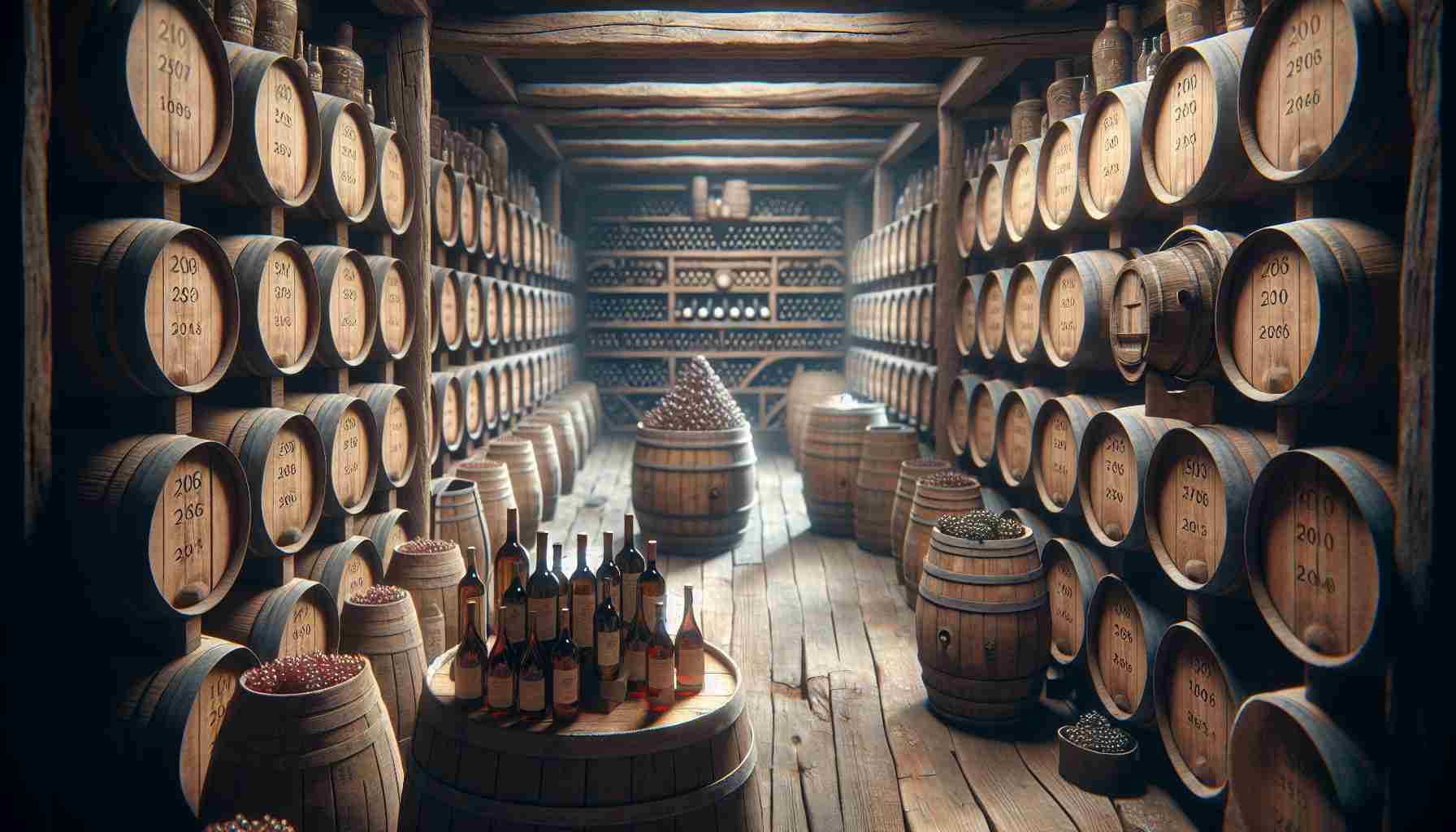The Journey of Aged Wine
Understanding aged wine can be both exciting and overwhelming. The definition of “aged wine” is vague, often varying from person to person based on their experiences and preferences. For some wine enthusiasts, aging might take just a few days, while others might wait decades for the perfect sip.
Several wineries around the world choose to age their wines before they are sold, giving customers a chance to pick up bottles that are ready to drink or those meant for further aging at home. When you uncork a bottle, there’s a good chance it has already spent years in the cellar, nurturing its unique flavors.
Typically, wines are matured for about 12 to 15 months, yet some are designed for immediate enjoyment after just a few months, like many Rosé and Beaujolais Nouveau. Regulatory standards also dictate specific aging periods; for instance, Brunello di Montalcino must age for a minimum of five years before it can be released.
The region and wine type influence aging practices significantly. In renowned areas such as Bordeaux and Burgundy, wines are often cellared for two years before being sold. This leaves the extended aging to collectors and fine establishments.
Special wines like Vega Sicilia Unico and vintage Champagnes often undergo lengthy aging processes, culminating in exceptional quality and unique flavors. Ultimately, whether you choose to age wine yourself or opt for a pre-aged bottle, each decision enhances your wine experience.
Unlocking the Secrets of Aged Wine: A Deeper Dive
Understanding aged wine transcends mere enjoyment; it encapsulates a blend of science, tradition, and artistry. The nuances of aging can be exciting yet overwhelming to both novices and seasoned connoisseurs. This article delves into the intricacies of aged wine, highlighting essential information for enthusiasts looking to enhance their wine experience.
What is Aged Wine?
Aged wine refers to wine that has been intentionally matured over time to develop complex flavors and aromas. The aging process allows tannins to soften and various flavor compounds to evolve, resulting in a more harmonious taste profile. While some wines benefit from aging, others are crafted for immediate consumption.
How Does Aging Affect Wine Quality?
– Flavor Development: Beyond the fruity notes, aging introduces secondary flavors such as leather, tobacco, and earthy undertones, enriching the overall tasting experience.
– Tannins and Acidity: Aging allows tannins to mellow, leading to a smoother mouthfeel. Acidity can also diminish over time, enhancing the wine’s balance.
Factors Influencing Wine Aging
1. Wine Type: Red wines, especially those with high tannin content like Cabernet Sauvignon and Nebbiolo, generally age better than whites. However, certain white wines, like Chardonnay and Riesling, can also benefit from aging.
2. Storage Conditions: Proper storage is crucial. Wines should be kept in a dark, cool, and humid environment to prevent spoilage. A stable temperature, ideally between 50-55°F (10-13°C), is necessary for optimal aging.
3. Region: The terroir significantly impacts the aging potential of a wine. Regions known for their aging potential, like Bordeaux and Napa Valley, produce wines that are structured for longevity.
Pros and Cons of Aged Wine
Pros:
– Enhanced complexity and depth of flavor
– Unique characteristics that evolve over time
– Potential for higher resale value
Cons:
– Not all wines improve with age; some can develop undesirable traits
– Requires careful storage and monitoring
– Financial investment tied to aging potential and quality
Trends in Aging Wine
Recent trends indicate a growing interest in sustainable and organic winemaking practices, leading to a surge in wines aged in environmentally friendly conditions. Additionally, collectors are increasingly intrigued by unusual aging methods, such as aging in amphorae or under unique climatic conditions.
FAQs About Aged Wine
1. How long should I age my wine?
The aging potential varies by wine type. Typically, red wines can be aged for several years or even decades, while many whites are best enjoyed within 1-5 years.
2. Can I age wine at home?
Yes, but it’s crucial to replicate ideal storage conditions—darkness, stable temperature, and appropriate humidity levels.
3. Are there wines that shouldn’t be aged?
Yes, many wines, including most Rosés and Beaujolais Nouveau, are meant for immediate consumption and don’t benefit from aging.
Conclusion
The world of aged wine offers both complexities and delights. Whether you’re selecting a high-quality bottle for aging or seeking out pre-aged wines, understanding the nuances of aging can significantly enhance your wine appreciation.
For more insights and resources on wine aging, visit Wine Enthusiast.
